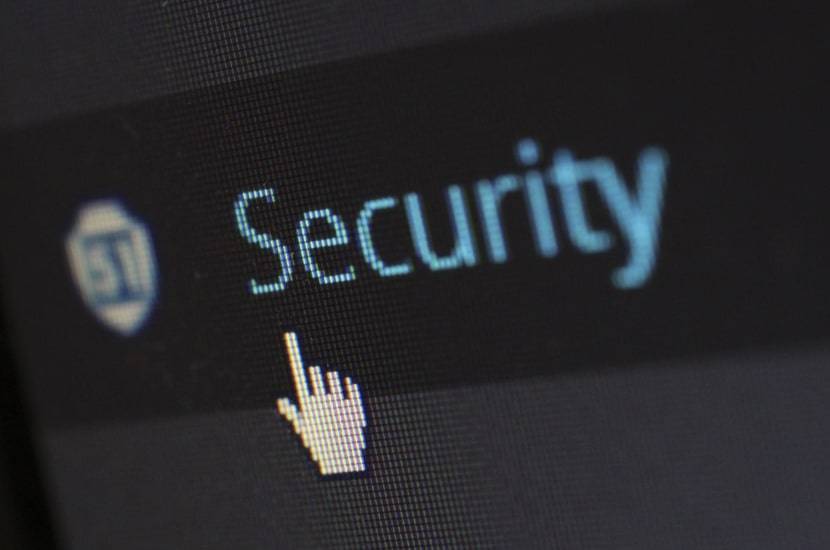How Vulnerable Are Personal Computers and What Are the Best Ways to Protect Yourself

You don’t need to command a large company’s database or be in charge of a bank to get attacked by hackers. If you go online regularly using your laptop or personal computer at home, your system is bound to encounter a large number of threats including, but not limited to, spyware, malware, adware, phishing schemes, and many more.
The Harvard Kennedy School of Government’s Bruce Schneier took a deeper look at the newly discovered vulnerabilities of today’s microprocessors, which power everything from your phone and your computer, to the large data centers that run cloud services. Dubbed as Spectre and Meltdown, these microprocessor vulnerabilities were discovered in 2018. They allow hackers to rearrange the order of instructions or perform parallel instructions as processors optimize performance. In layman’s terms, hackers only need to infect just a single app or program in your computer in order to steal data from other programs which appear to be safe. And it’s all happening through the very microprocessors of every computer.
One of the best defenses against these and other similar threats is simply installing anti-virus software. Here on Beyond Exclamation we discussed how this is one of the most effective ways to prevent your personal computer from being hacked. Although manufacturers are currently still scrambling to protect microprocessors from the variety of vulnerabilities related to Spectre and Meltdown, it all boils down to viruses and malware. Even if you can’t ensure your computer is protected against these recent vulnerabilities, you can at least protect your computer from viruses that enter through those doors. The engineers behind anti-virus software understand how viruses work, and are constantly working at making their protective software more effective at preventing hackers from accessing your data.
In fact, the rise in cyber crimes has led to a more focused drive to train more computer science graduates about these complexities. This is good news for both regular consumers and cyber security professionals alike. Maryville University explains that information security analysts have a career growth outlook of 28%, which demonstrates how the industry is growing at a rapid rate. The three main tracks of cyber security that graduates are learning are offensive cyber security, defensive cyber security, and general cyber security. This is because as hacking methods get more complex, anti-virus software alone is not enough to ensure your computer’s safety.
Given the complexity of today’s cyber crime methods, the biggest software and hardware manufacturers in the world have taken it upon themselves to protect their customers. In short, one of the best ways to protect your computer is to always download the latest official operating system software updates. Spectre and Meltdown aren’t about to go away anytime soon, and Forbes reveals that there is an ongoing arms race between hackers and cyber security engineers. By simply updating your computer’s OS, you’re allowing these engineers to use the most up-to-date methods of keeping your computer safe from attack. However, even the world’s best software experts admit that constant updates can only do so much to protect you from these vulnerabilities.
Considering how deeply-entrenched Spectre and Meltdown-related vulnerabilities are to the very hardware that allows your computer to run, the only absolute way to have a safe computer is to throw your old one out and buy a new one. However, this is obviously impractical, and doesn’t really solve the problem of similar vulnerabilities affecting new systems in the future. We can only hope that the planet’s best computer engineers are up to the task of eradicating these vulnerabilities – not just for large companies, but also for the benefit of individual computer users.
Article prepared by Cathy Samson
(Exclusively for beyondexclamation.com)














